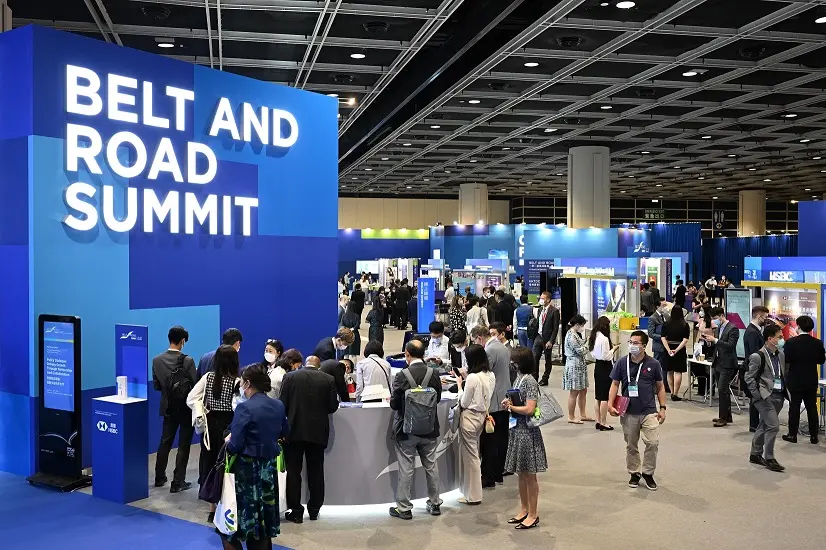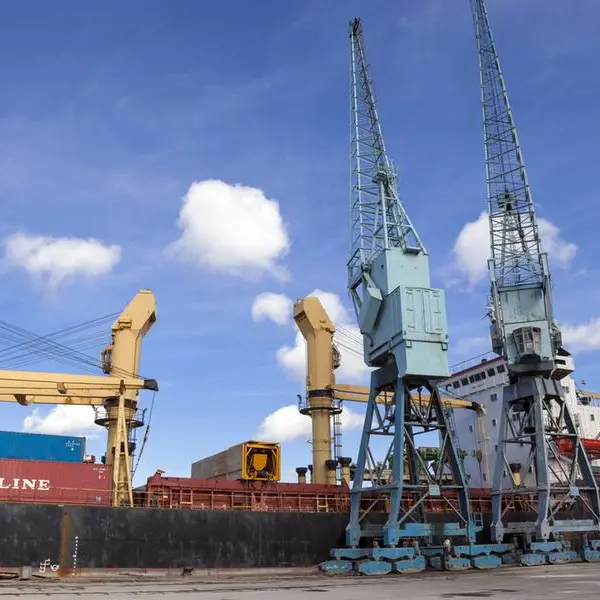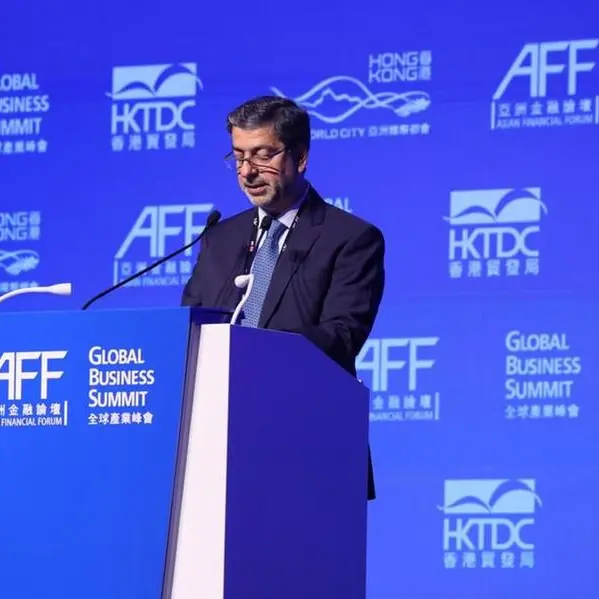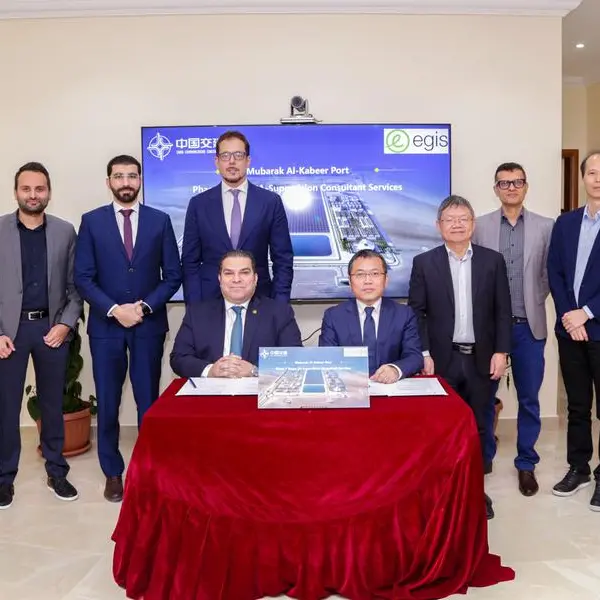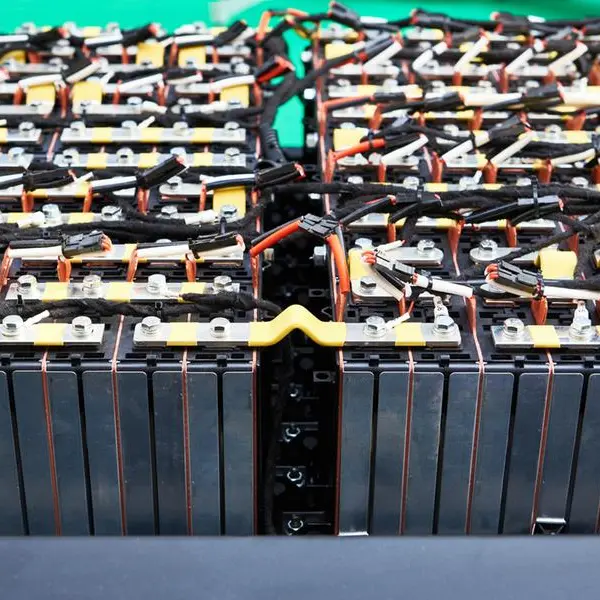PHOTO
Founder and Managing Director of Emaar Properties and Founder and Director of Noon.com, Mohamed Ali Rashed Alabbar said that the global impact of the Belt and Road Initiative (BRI)is going to be incredible.
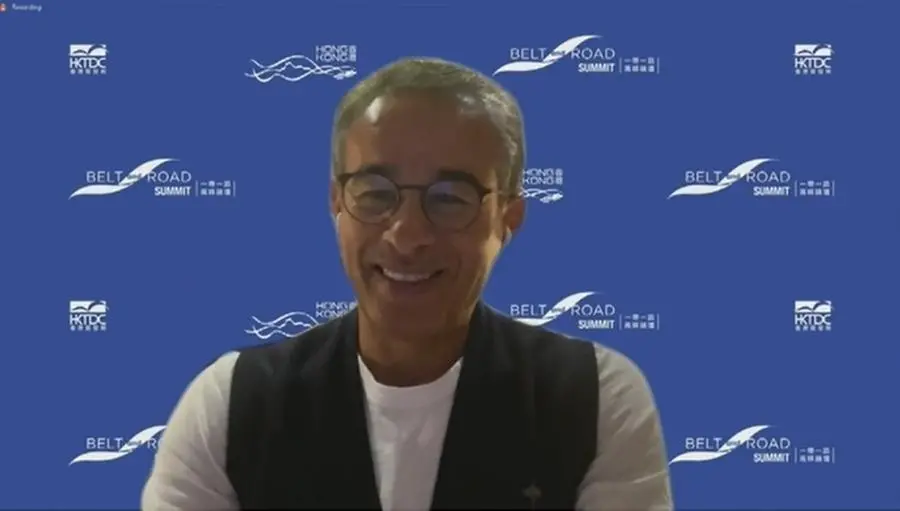

Alabbar was speaking on Day 2 of the Seventh Belt and Road Summit, jointly organised by the Government of the Hong Kong Special Administrative Region (HKSAR) and the Hong Kong Trade Development Council (HKTDC).
The hybrid event in Hong Kong saw more than 80 senior government officials and business leaders from the Belt and Road region gather to share their insights under the theme ‘Heralding a New Chapter: Collaborate and Innovate.”
Speaking during the ‘Faster, Greater Infrastructure’ thematic group discussion, Alabbar said: “I really believe that a link such as the Belt and Road Initiative and its effects on human life, economic progress, quality of life, job creation and exchange of cultures and knowledge and unity to the world – it is going to be incredible.”
In the same session, the Chief Marketing Officer of Hyperloop TT, Robert Miller, addressed the current trends in infrastructure technology development. “Infratech is really underfunded and underdeveloped. Hyperloop really falls into the category of infratech where there is a longer time to profitability. So, we need patient investors from both public and private sectors.
Meanwhile, governments everywhere are looking at reducing carbon emissions. One of the biggest polluters is the transportation industry: 23 percent of all carbon emissions worldwide come from transportation. Europe, the United States and countries in Asia are all looking how to decarbonise the transportation industry. Hyperloop TT could be a massive driver in that decarbonisation,” he said.
In the Business Plenary titled ‘Collaborate for a Bright New Era,’ New Zealand’s former prime minister John Key, shared his views on the Regional Comprehensive Economic Partnership (RCEP), a key theme at the seventh Summit.
“One of the things that are challenged is the supply chains. China is a really a huge market, and we source a lot of goods from China. We can see the impact the breaking down of those supply chains has had on global inflation.”
The RCEP, which came into effect this year, stands as the largest free trade agreement in history, accounting for 30 percent of the world's population and GDP. On Day 1 of the Summit, John Lee, HKSAR Chief Executive had said in his opening speech that Hong Kong is seeking early accession to RCEP.
Aswin Techajareonvikul, Chief Executive Officer and President of Berli Jucker Public Company, noted that Thailand enterprises have well received the potential of the BRI. “It is in tune with our 20-year strategy and Thailand’s ongoing projects for economic development under the Thailand 4.0 economic model. We are able to expand trade and investment to our neighbouring countries. We can also better link with the world market, especially for the CLMV countries [Cambodia, Laos, Myanmar and Vietnam].”
Liu Liange, Chairman of the Bank of China, said: “Most of the members in the RCEP are located in important junctions along the Belt and Road. This not only fosters connectivity between value chains and supply chains, but also further expands the ‘social circle’ of the Belt and Road Initiative, engaging more countries and businesses in the construction of the Belt and Road and in broader collaboration, as well as forming the dual-engine of the Belt and Road Initiative and RCEP within the region.”
More than 280 investment projects from the Belt and Road region and beyond were presented at the summit, covering four main areas, namely: energy, natural resources and public utilities; innovation and technology; urban development; and transportation and logistics infrastructure. The projects focused on areas such as smart city development, data centres and e-commerce related investments.
More than 19,000 attendees representing over 80 countries and regions participated online or at the physical event.
(Writing by SA Kader; Editing by Anoop Menon)
